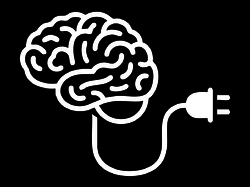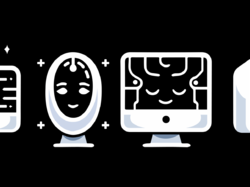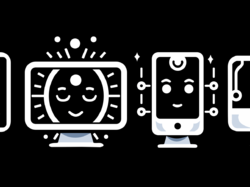At The New York Times, Penelope Green reports that sleep is big business—and the tech industry is rushing in to tweak our natural rhythms, with mixed results:
Mr. Mercier sent me his Dreem headset, a weighty crown of rubber and wire that he warned would be a tad uncomfortable. The finished product, about $400, he said, will be much lighter and slimmer. But it wasn’t the heft of the thing that had me pulling it off each night. It skeeved me out that it was reading — and interfering with — my brain waves, a process I would rather not outsource.
I was just as wary of the Re-Timer goggles, $299, which make for a goofy/spooky selfie in a darkened room. My eye sockets glowed a deep fluorescent green, and terrified the cat.
The science and research confirm that there’s an epidemic of sleeplessness, which is costly in both health and productivity. Are tech gadgets the answer when tech gadgets are likely a big part of the problem? Our screens keep us awake; always-on information demands contribute to anxiety and stress; and social FOMO is constant.
As technologists, we often suggest that more technology is the solution to technology’s problems. In the case of sleep, perhaps a little less technology is what’s needed. Green quotes “sleep ambassador” Nancy Rothstein:
“Your Fitbit and your Apple Watch are not going to do it for you. We’ve lost the simplicity of sleep. All this writing, all these websites, all this stuff. I’m thinking, Just sleep. I want to say: ‘Shh. Make it dark, quiet and cool. Take a bath.’”





